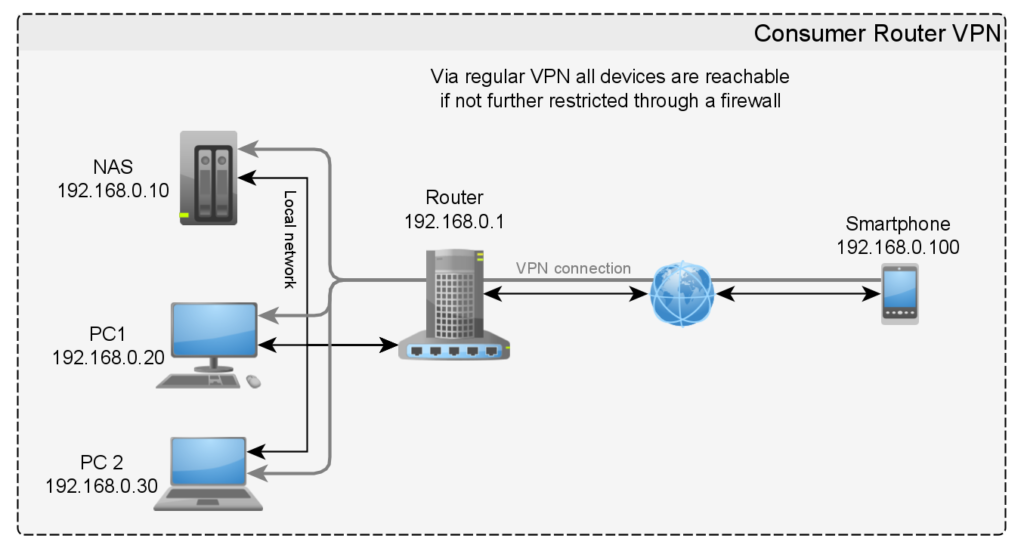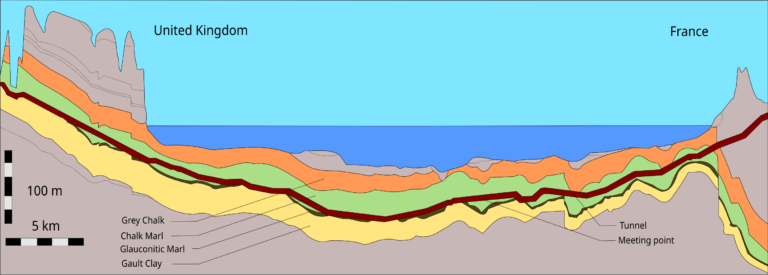Proxy VS VPN. Is VPN better than Proxy?
Both VPN (Virtual Private Network) and Proxy server is an intermediate between your devices and internet, increase privacy and bypassing restrictions. However, they seem to same thing but there are many difference between them. Let’s discuss this difference:
Definition:
VPN:
A VPN creates an encrypted pathways for your internet traffic and routes it through a secure server before reaching it to internet. It also hide your IP address with data encryption and also provides a high level security and privacy
Proxy:
A proxy is a server act as a gateway between your device and internet, routing your requests through proxy servers. It also hides your IP address but doesn’t encrypt traffic.
Functionality:
VPN:
- It encrypt all traffic except of your device regardless to the application or protocols that are being used.
- It protects sensitive data like passwords and banking information from hackers.
- It work with system wide that means all internet activity on your device is routed through VPN.
Proxy:
- It intercepts requests on an application basis.
- It primarily used to hide IP address and bypass geo restriction or blocked sites.
- It does not encrypt traffic and leave it visible to hackers or ISPs that the proxy is being used.
Types:
VPN:
Most of the VPNs use tunneling protocols like OPENVPN, WireGuard. They often give paid service that provides robust security, speed and access to worldwide servers.
Proxy:
It comes in different forms like HTTP proxies. The free Proxies are common but depends on security and functionality. All types of Proxies are explain HERE.
Anonymity:
VPN:
VPNs provides high level of anonymity by hiding your IP address and encrypting traffic. It also prevents websites, ISPs and trackers by monitoring your online activity.
Proxy:
It does not provide any encryption unless it used with additional tools like HTTPS. The traffic is routed through proxies and can be intercepted if the proxies is free.
Speed:
VPN:
It provide slightly reduce speed due to the encryption process and distance to VPN servers. The premium VPNs often decrease this by usage of optimized servers.
Proxy:
The proxies are generally faster than VPN because they do not encrypt traffic and its speed can vary depending on server user loads.
Cost:
VPN:
VPNs are available in free version but quality VPN services are available only in subscription plans, in these plans they also give more features.
Proxy:
Many proxies are free of cost or low cost but they may lacks security. The premium proxies’ services are also available and often used for web scrapping and ads verification.
Use cases:
VPN:
- Ensuring Privacy
- Bypass geo-blocked content like Netflix
- Avoid ISPs

Proxy:
- Hide IP address
- Web scarping
- Content Filtration
- For testing websites.
Limitations:
VPN:
VPNs are more resources intensive and might slow your internet speed slightly. It can be more expensive than proxies.
Proxy:
It does not secure your data against attackers. Free proxies can be not trusted, slow, and dangerous may sell your data.
Which should you choose?
Choose a VPN if You:
- Need high security and encrypt all your traffic
- Usually use public Wi-Fi
- Also want to bypass restricted content.
Choose a Proxy if You:
- Need to hide your IP address for specific tasks.
- Don’t require system privacy.
- And for conducting lightweight activities like web scrapping.
I hope you understand the difference between VPN and Proxy. By understanding these differences you can select what you can select for your purpose.







